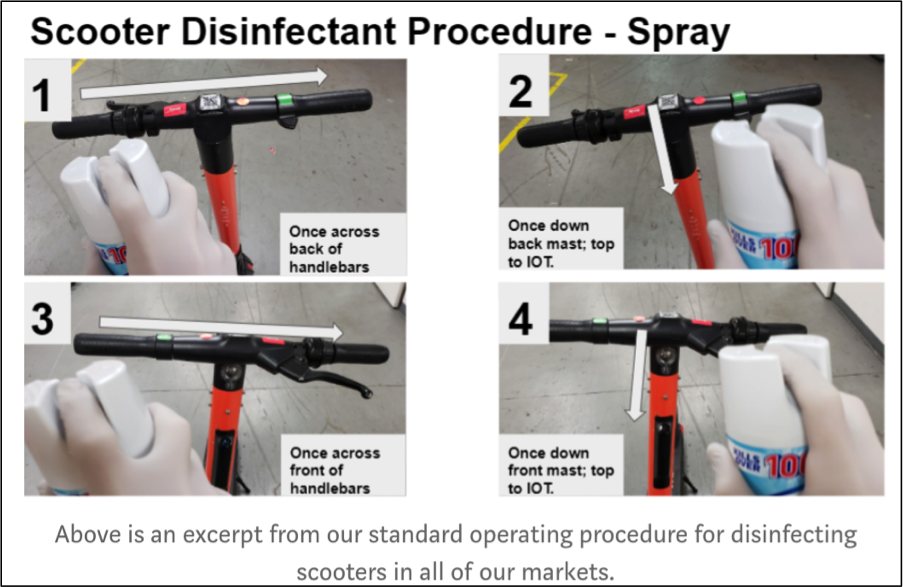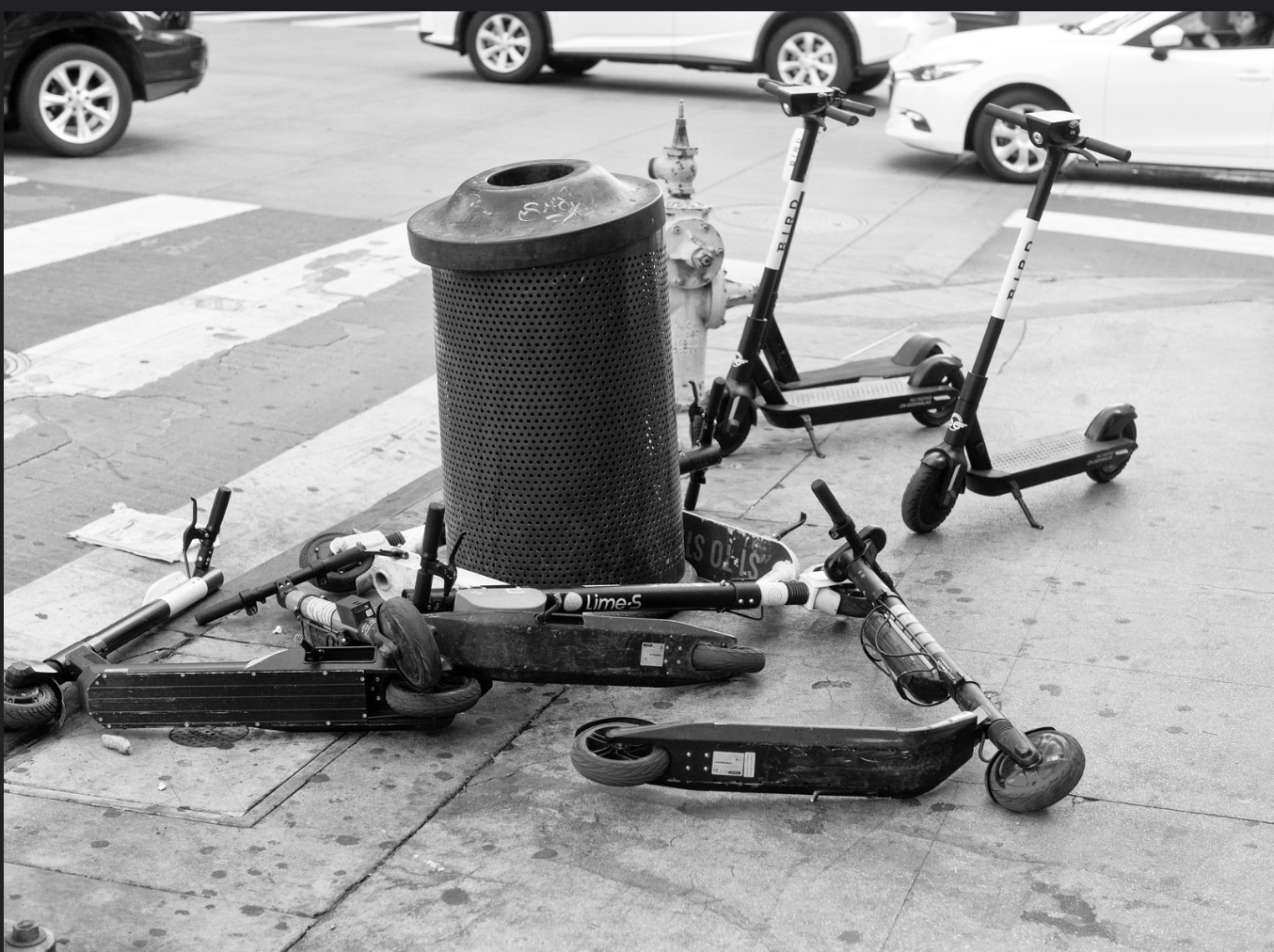The two largest micromobility companies are pulling their fleets in response to the exploding Covid-19 pandemic — but some smaller players are stepping up to provide citizens with the essential solo transportation services they need to weather the crisis.
Lime — the largest micromobility company in the world, with roughly 120,000 scooters in 30 countries — announced on Wednesday that it is pausing operations apart from a handful of cities in the Australia, New Zealand, South Korea and the United Arab Emirates. Bird, the second-largest scooter provider with fleets in 100 cities worldwide, pulled back this week, too, albeit only in Europe, San Francisco and San Jose. And Uber's scooter division, Jump, pulled out of Sacramento today at the city's request, and reduced their fleet in San Francisco.
But not everyone is going on lockdown.
Spin, a smaller scooter-share outfit with roughly 15,000 vehicles scattered across more than 100 American cities, says it will keep its fleet on the streets for the time being — an effort the company says is necessary to help Americans who normally rely on public transit.
"Our communities rely on our service for their transportation needs, and we believe that continuing our service during this time is even more important as long as it remains safe for our employees and the public," said Spin CEO and co-founder Derrick Ko in a statement to Streetsblog. The company also shared its enhanced cleaning procedures for its vehicles.

Ko is not the only micromobility leader opting to keep his fleet rolling, but his peers are mostly at the helm publicly-run or -subsidized companies. New York's Citibike program is seeing a surge in ridership; Washington, D.C.'s, Capital Bikeshare actually expanded access to its $5 annual memberships for income-restricted riders in response to COVID-19.
Still, Ko is seemingly the only private micromobility CEO who's taken a stand — and advocates are puzzled. After all, leaders at Lime, Bird and Jump have long argued that e-scooters are essential transportation. But when mayors like San Fransisco's London Breed cleared transportation services to continue business as usual when their cities went under lockdown, the giants of the industry pulled their fleets anyway.
No guys. I need these scooters. I wear gloves. This shaves 20min off my commute to my kid. Pls pls pls
— Ginny Brideau (@gincase) March 18, 2020
Lime, for its part, defended its decision as an effort "to help people stay put and stay safe." But even the U.S. cities with the most stringent lockdown procedures aren't discouraging their citizens from leaving their homes altogether: Bay Area residents, for instance, are still permitted to leave their homes to get a little exercise, as long as they maintain six feet between themselves and other people in accordance with CDC guidelines on social distancing.
Bird says it isn't sure how long it will keep its scooters off the street; it described its decision to pull out of NorCal and Europe as "very fluid" and said that it might change "as the response to and recommendations regarding COVID-19 evolve."
Until they get off the fence, advocates hope that the companies will return to the field soon, so that all citizens have access to good solo transportation options — besides cars.






